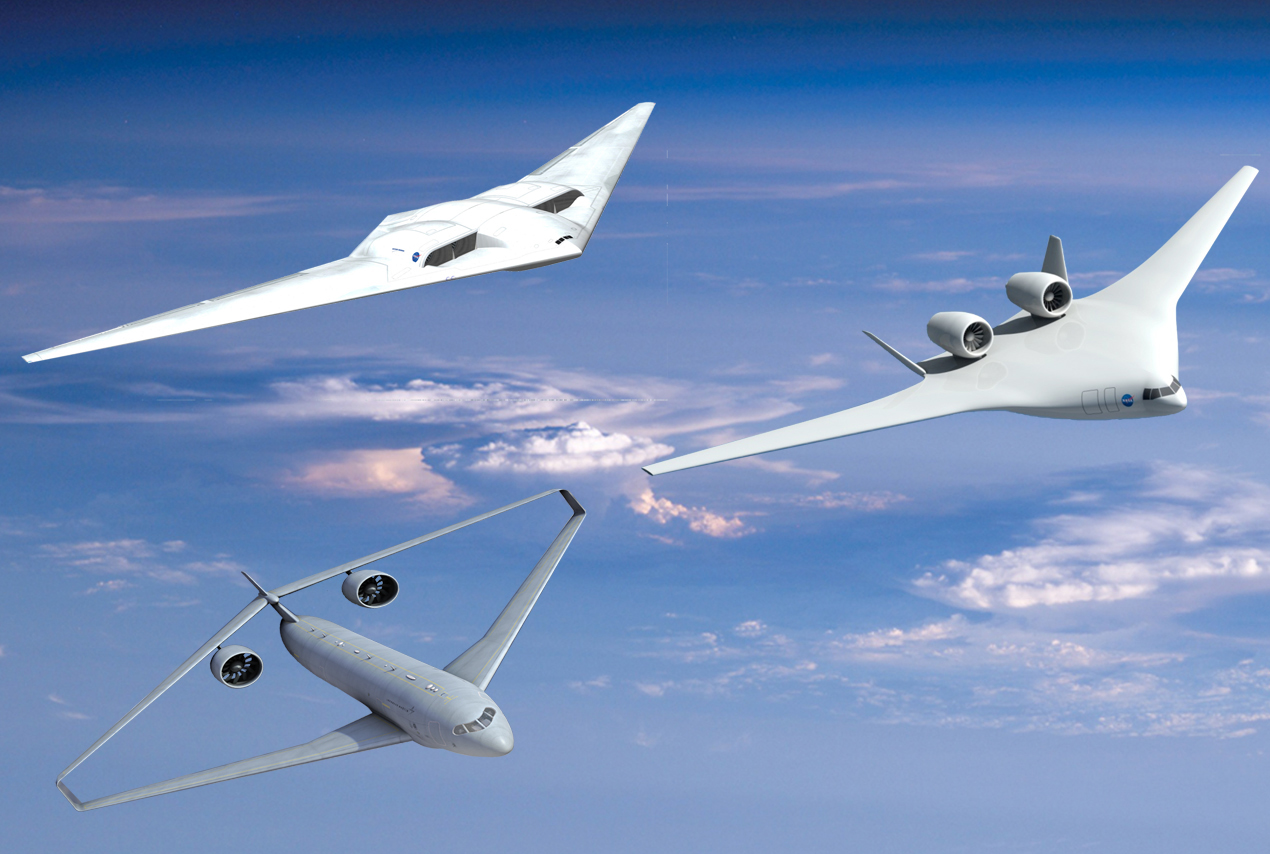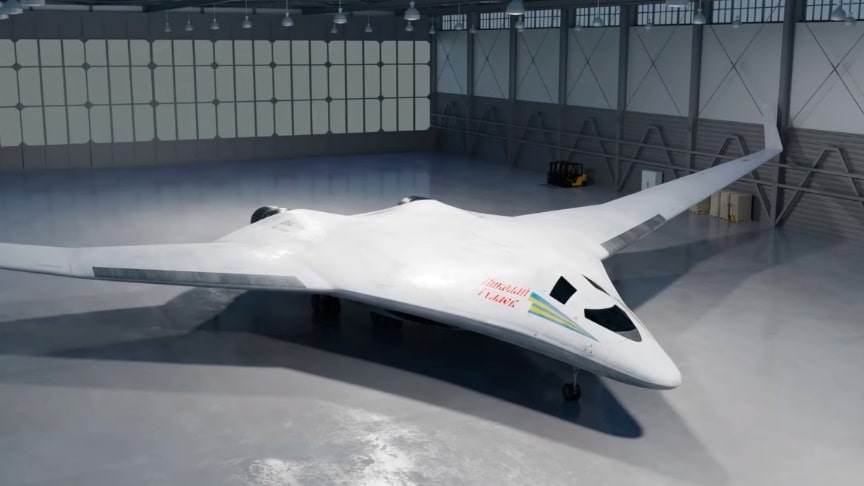The Russian New PAK DA Stealth Bomber to Be Equipped with Hypersonic Weapons
In recent developments, the United States Air Force unveiled new artist renderings of its forthcoming B-21 Raider aircraft last month, marking progress in its ongoing development. This update comes after the announcement in June that the initial two Northrop Grumman B-21s had been completed at Plant 42 in Palmdale, California, and were slated for testing.
However, it’s essential to recognize that America’s rivals, including Moscow, have not overlooked these headlines. Russia is preparing for its own public relations campaign surrounding its prospective bomber, and it’s on the horizon.
The Russian military is actively pursuing its stealth aircraft project, working towards the development of a long-range bomber. Tass reported on Monday that a demonstration model of the PAK DA aircraft would be assembled by the end of the next year, with a new weapon system concurrently in development for the ongoing project.
An industry source informed Tass, “Currently, the experimental model is being built. The demonstration model will be ready by 2023. The subsonic PAK DA will be armed with hypersonic weapons. Besides, its flight will be aided by drones.”
While there is no official confirmation of this information, back in December 2019, Russia’s Deputy Defense Minister Alexey Krivoruchko revealed in an interview that the PAK DA’s design had been approved, and the Tupolev design bureau had commenced the development of working design documentation. Subsequently, in May 2020, a source told Tass that production of the first experimental model of the new strategic bomber had begun.
The Tupolev PAK DA, codenamed Poslannik (Envoy), is Russia’s endeavor to create its next-generation stealth strategic bomber for the Long-Range Aviation branch of the Russian Aerospace Forces. Similar to the American B-21 Raider, which aims to replace the B-1 Lancer, B-2 Spirit, and B-52 Stratofortress, the PAK DA will eventually replace the Cold War-era Tupolev Tu-95, as well as the Tu-160M and Tu-22M3.
The development of this new bomber commenced in 2008, with early reports suggesting it was initially based on the Tupolev Tu-160. However, then-Prime Minister Vladimir Putin clarified that it was an entirely new design. In September 2009, the Tupolev Design Bureau received a three-year research and development contract to create an original long-range bomber design rather than relying on legacy Soviet concepts.
Despite uncertainties about the actual progress of the PAK DA program, experts have praised its potential capabilities. Unlike the Tu-95, the PAK DA is expected to employ hypersonic weapons to strike targets potentially on the other side of the globe without leaving Russian airspace.
Earlier this year, Russia Beyond reported that work was ongoing on the first full-size prototypes, which would feature a “flying wing aerodynamic scheme,” potentially resembling the B-21 Raider in profile. The PAK DA could reach subsonic speeds of up to 1,190 km/h or 740 mph. While slower than the Tu-160, its “intra-fuselage” weapons configuration would reduce its radar visibility.
As with any military program, the key question is whether Moscow will deliver on its promises and produce enough units to make the PAK DA more than just an expensive public relations exercise. The world will be watching closely as these developments unfold.
Hits: 43









